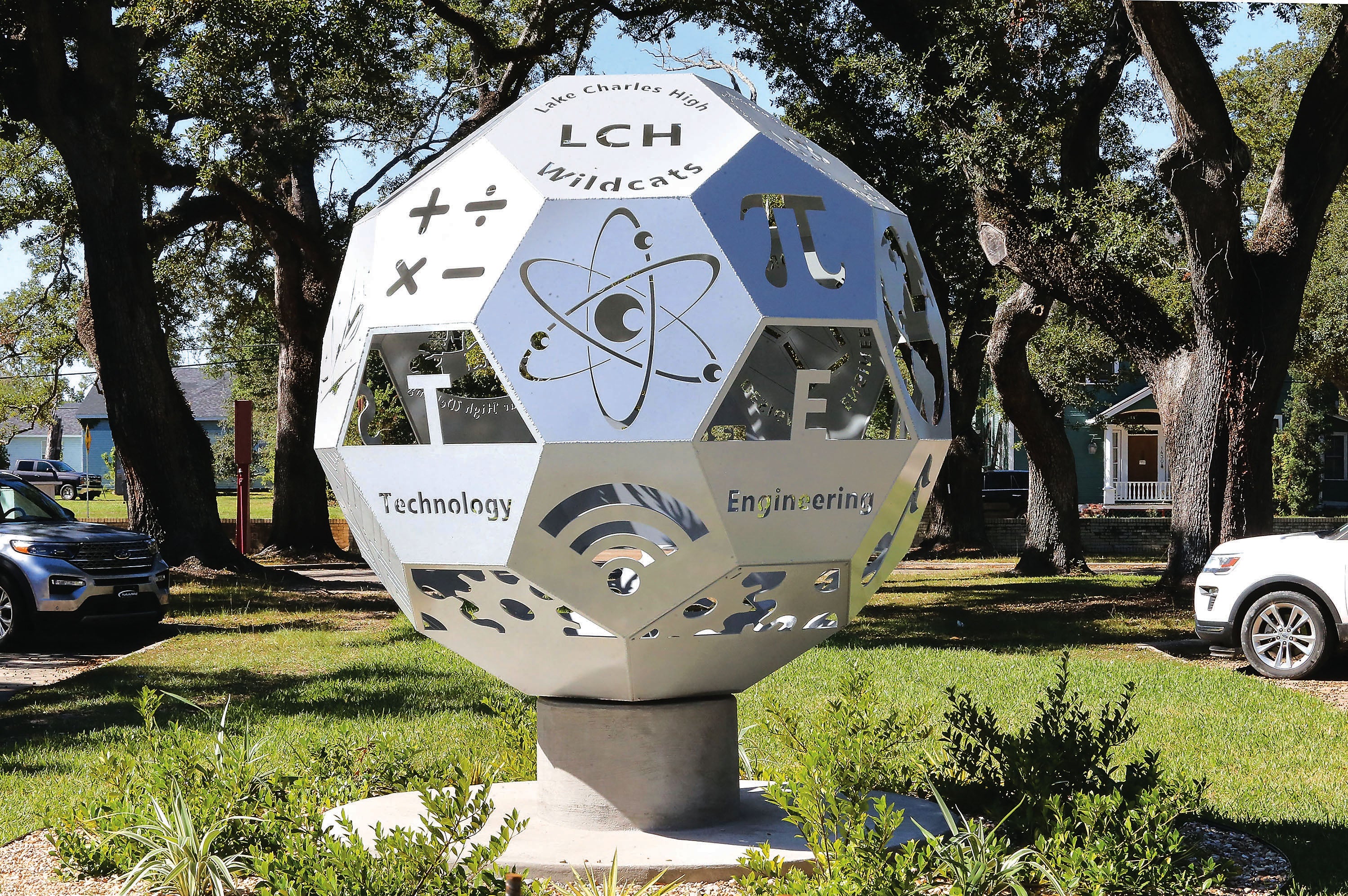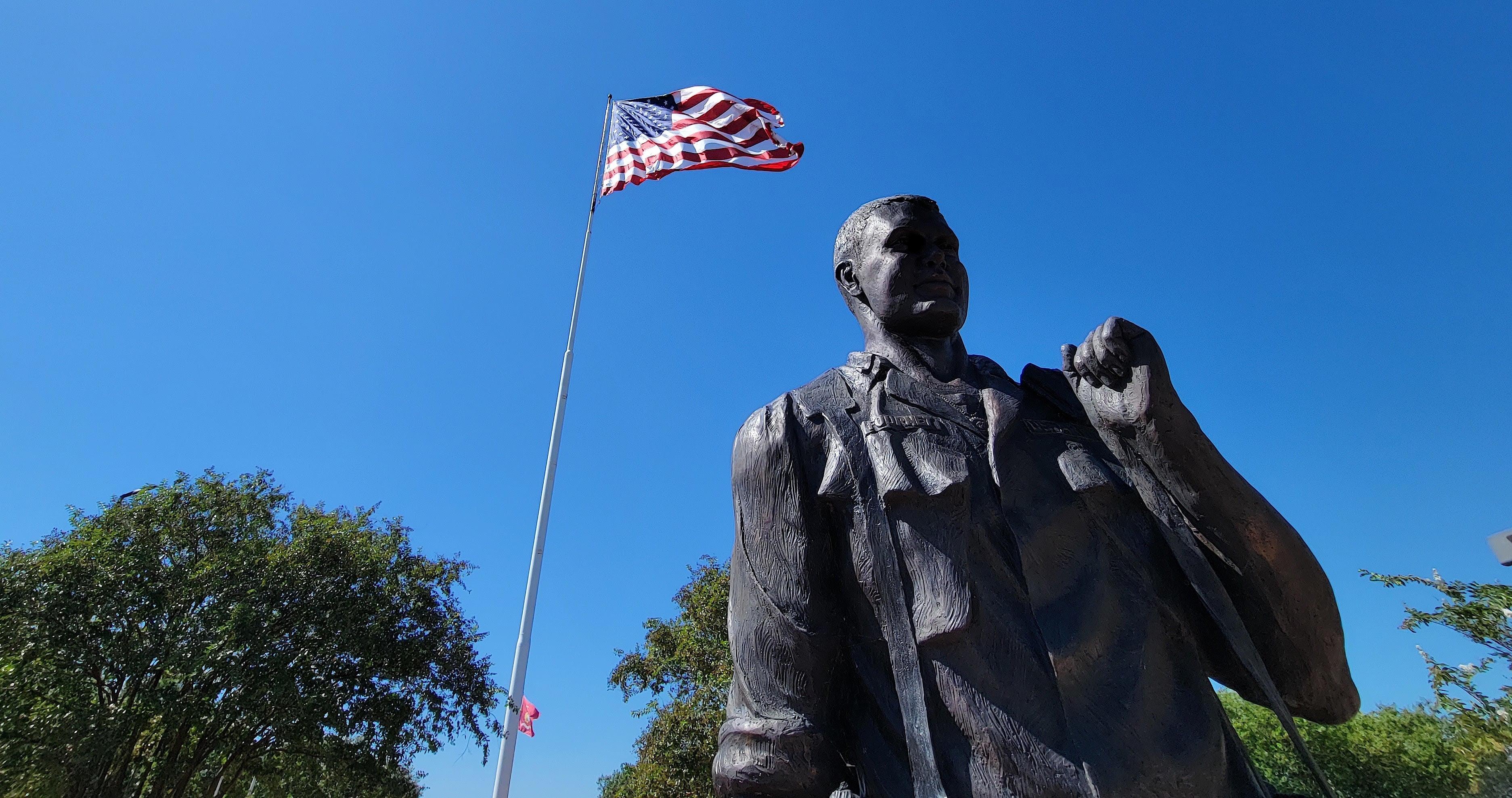Jim Beam column: Tolls have become testy topic
Published 7:05 am Saturday, August 5, 2023

- This is a rendering of the proposed new Interstate 10 bridge at Lake Charles, La.,that is expected to have controversial tolls.(Photo courtesy of Louisiana Department of Transportation and Development).
Nobody wants tolls on the new bridge proposed for Interstate 10 over the Calcasieu River at Lake Charles. However, it appears to be either a toll or no new bridge.
The cost of that bridge has climbed to $2.1 billion, which is no big surprise. Unfortunately, the project only has $800 million committed to the project by the state and federal government. A relatively new state law would also provide $40 million or more annually from state sales taxes on vehicles.
A private-public partnership (P3) would fund much of the rest of the cost and would be reimbursed with tolls. P3s are particularly effective in financing, managing, and maintenance of bridges and toll roads.
Shawn Wilson, when he was the state’s transportation secretary, said a P3 contract allocates risks to a company best suited to manage and mitigate those risks over an extended term.
Florida appears to be the toll capital of the country, but there are tolls in many other states. Florida has 734 miles of toll roads, Oklahoma, 627 miles, Texas, 600 miles, New York, 575 miles, and Pennsylvania, 508 miles. Six other states have toll road mileage, according to uproad.com.
Fifteen states have no toll roads, according to worldpopulationreview.com. They are Arkansas, Arizona, Connecticut, Hawaii, Idaho, Iowa, Mississippi, Montana, Nevada, New Mexico, North Dakota, South Dakota, Tennessee, Wisconsin, and Wyoming.
Louisiana has tolls for the Louisiana Highway 1 Expressway and Bridge, a total of nine miles. There are also tolls on the Lake Pontchartrain Causeway, the Avery Island Toll Bridge, and for the new Belle Chasse Bridge expected to be completed in April 2024.
Half the states in the U.S. have toll bridges. New York is No. 1 with 16 toll bridges and it has toll bridge links to other states. The southern states with toll bridges are Alabama, Florida, Kentucky, Louisiana, Texas, Virginia, and West Virginia. Florida has 14 toll bridges, second highest in the country.
Proposed tolls for the local I-10 bridge would range from 25 cents for local automobiles with a toll tag to $18.73 for non-toll tag large trucks. The project is a 5.5-mile corridor going from near Ryan Street in Lake Charles to the I-210 and I-10 interchange on the west side of the river.
Construction of the new bridge could start as early as 2024 and is expected to take seven years.
Local legislators have been outspoken opponents of tolls and they apparently plan to continue the fight. All of these details must still go before the Joint Legislative Transportation Committee, and much can still change.
Chris Landry, president of the Calcasieu Parish Police Jury, and Mayors Nic Hunter of Lake Charles, Mike Danahay of Sulphur, and Hal McMillin of Westlake sized up the current bridge situation well.
“The proposed I-10 Bridge project has been decades in the making and we firmly believe a new bridge is warranted and necessary,” the officials said. “A vital economic and transportation conduit for the entire Gulf Coast, a new I-10 Bridge can provide for decades of sustainability for Southwest Louisiana. We are all united that we would prefer a scenario with no toll at all; however, we need to see this bridge built …”
The four officials urged Gov. John Bel Edwards and the Legislature to continue dialogue and negotiations in order to find a path to tolls that are more reasonable. However, the most important thing they said was, “We need to see this bridge built.”
In an editorial about the proposed local bridge, The Advocate explained why tolls are necessary.
“We tend to agree with the (trucking) industry that motor fuel taxes should pay for roads and bridges, as they traditionally have,” the newspaper said. “But Louisiana has long lagged in infrastructure investment because the state’s lawmakers have balked at the political costs of raising gasoline taxes. Not for years, but for decades. That means inflation and rising building costs make a bridge out of reach without tolls.”
Louisiana doubled its 8-cent-per-gallon gasoline tax in 1984 and increased it by 4 cents in 1990 for the TIMED program. That was 33 years ago. Meanwhile, since 2013, 33 other states have increased their gasoline taxes.
The state gasoline tax in Louisiana is 20.9 cents per gallon, according to the U.S. Energy Information Administration. That is the eighth lowest gasoline tax in the country.
This gas tax vs. toll situation reminds me of that great FRAM oil filter commercial years ago that said, “You can pay me now, or pay me (much more) later.”
| ReplyForward |





